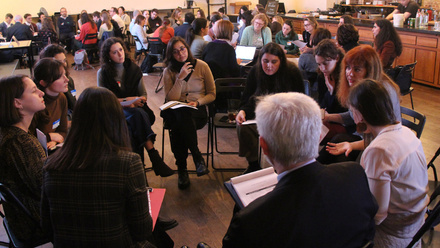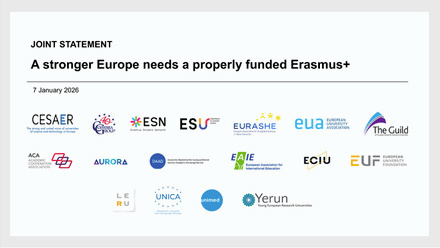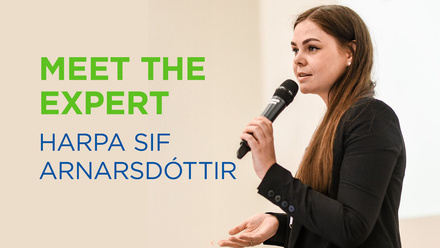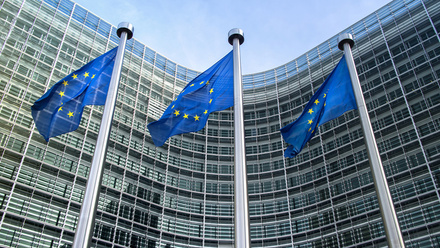Eyes on Erasmus+
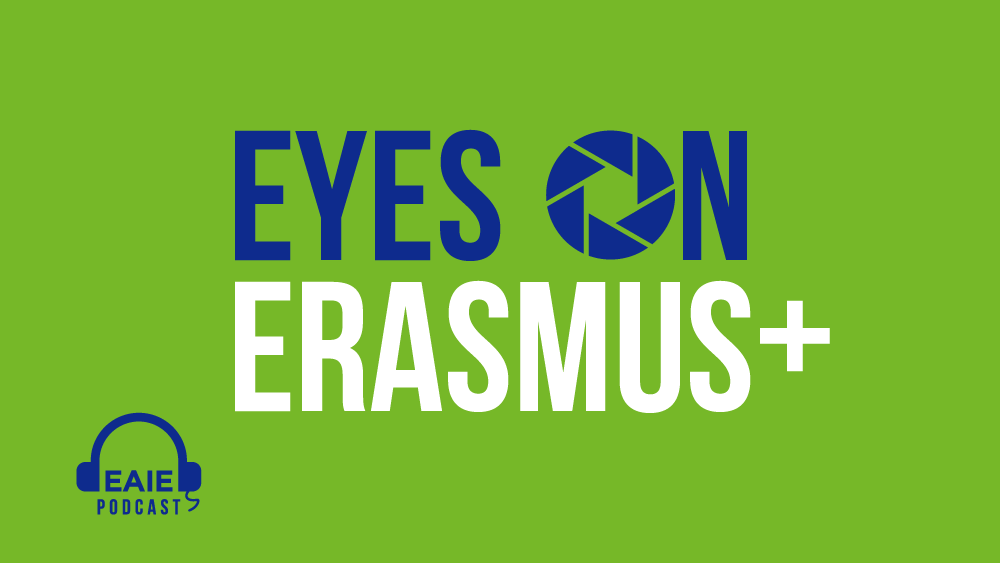
Since the start of the Erasmus+ programme in 1987, some 15.1 million people have been provided with the opportunity to study, train, work and volunteer abroad. In 2025, a mid-term review of the 2021–2027 Erasmus+ programme will provide insights into the strengths and weaknesses of the current programme, while efforts are underway to shape the next edition of Erasmus+ for 2028–2034. Many eyes are on Erasmus+ just now, at this important moment for reflection and strategic planning for the future of the European Union’s flagship initiative for international education.
Host Laura Rumbley welcomes Stefan Zotti, Deputy Head of Unit Higher Education at the European Commission (DG EAC), into the EAIE podcast studio to learn more about these developments from directly inside the Commission, including some perspective on what’s been positive and what’s been challenging about the mid-term evaluation of the Erasmus+ 2021-2027 programme process, and some reflections on what the financial outlook for the next programme might look like.
This podcast episode also includes a second interview with young filmmakers Timea Barocz and Vincent Imperato. As Erasmus+ alumni themselves, Timea and Vincent were passionate about sharing their experiences with others, which led to the creation of the Erasmus Generation film. They share how the film came to be made, what they hope its impact will be, and what their most important takeaways from their Erasmus+ experience are.
About Stefan Zotti
Stefan Zotti is Deputy Head of Unit at the Higher Education in the European Commission (DG EAC). He holds a PhD in Catholic Theology and a master’s degree in European Studies. He has extensive professional experience in national and European public administration, including serving as an adviser to the Austrian Minister for Science and Research and a cabinet member of Commissioner Johannes Hahn (Regional Policy, 2010-2013). Before rejoining the Commission 2020 as team leader for the Jean Monnet actions in DG EAC (until 2024), he was Director of the Austrian Agency for International Cooperation in Education and Research (OeAD-GmbH) and Vice-President of the Academic Cooperation Association (ACA). Since 2012, he has been a lecturer on EU policies at an Austrian University of Applied Sciences.
About Timea Bárocz
Timea Bárocz is an event and project manager working with an NGO that supports Hungary’s startup ecosystem. She is deeply passionate about community-based initiatives and the power of intercultural connection. Originally from Transylvania, Tímea’s life took a transformative turn when she participated in an Erasmus exchange programme in Sweden—an experience that broadened her worldview and later on sparked her journey into documentary filmmaking. Together with her partner, she co-created The Erasmus Generation, her debut as lead production manager. From concept to release, Tímea oversaw communications and project management, bringing her strong organisational skills and heartfelt belief in the Erasmus mission to the screen.
About Vincent Imperato
Vincent Imperato is a documentary filmmaker, director and producer. He began working in video advertising during his teenage years and as a camera assistant on documentaries for NHK in Italy. After attending the Academy of Fine Arts in Naples, where he studied "Cinema, Photography, and Television," he worked in VR video production in London, with a brief experience in Los Angeles. After that, he decided to refocus on his passion for documentary filmmaking, applying his sensitivity to images and people, and founded his own production company specialising in narrative documentaries and reportage. The Erasmus Generation is his first feature-length documentary.
Additional resources
For further insights into the topics touched on in this episode, the following resources may be of interest:
→ Erasmus Generation movie
→ Stepping into 2025: Reflections from the Erasmus Generation
→ Research snapshot: Edition XV of the ESN survey


